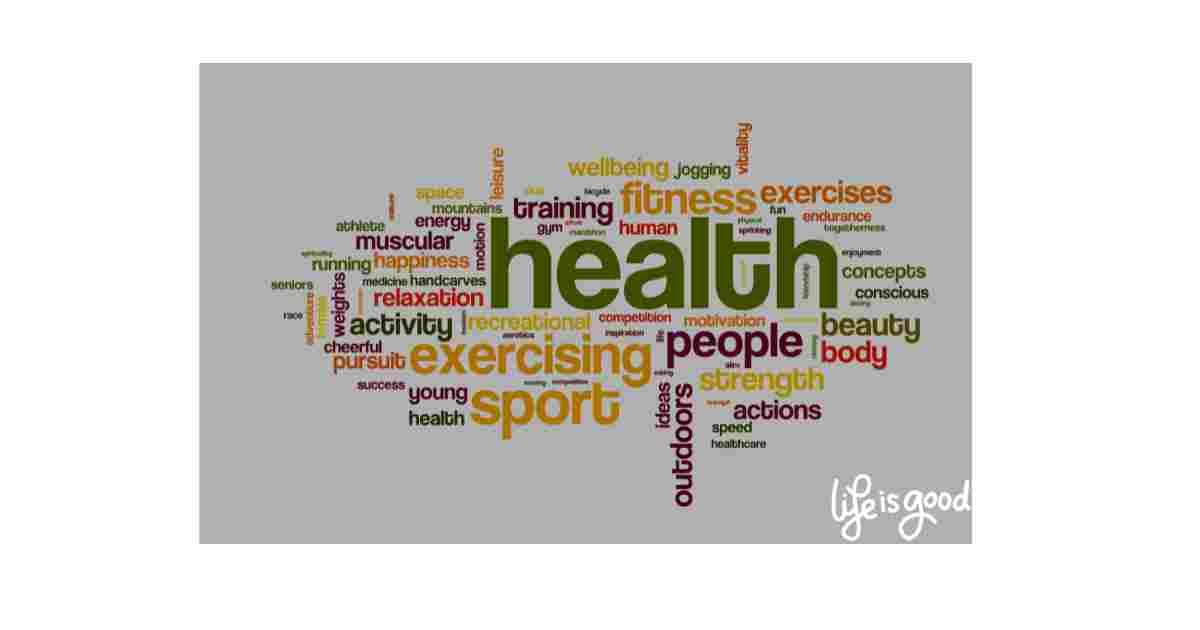In today’s interconnected world, the field of medicine continually evolves, challenging medical students to broaden their perspectives beyond traditional classroom and hospital settings.
This is where global health electives (GHEs) come in, offering an invaluable opportunity for aspiring physicians to gain diverse, hands-on experience in healthcare.
These programs are not just about acquiring medical knowledge; they’re a journey into the heart of different cultures, health systems, and patient experiences.
Understanding The Essence Of Global Health Electives
Global Health Electives (GHEs) transcend the traditional confines of medical education, offering a rich tapestry of challenging and rewarding experiences.
These electives take medical students to various corners of the world, exposing them to healthcare systems vastly different from what they’re used to.
In these settings, students don’t just observe; they participate actively, learning how healthcare is delivered under different constraints and cultures.
This immersion into diverse healthcare environments can be eye-opening, revealing the complexities and dynamics of global health that cannot be understood through textbooks alone.
Medical Aid mission, for example, can provide students with introspective journeys, prompting them to reflect on their roles as future healthcare professionals in a global context,
Moreover, GHEs are not mere observational experiences but participatory ones where students work alongside local health professionals.
This collaboration fosters a deeper understanding of local health challenges and the strategies employed to address them.
Students learn to appreciate the intricacies of healthcare delivery in diverse settings, from managing epidemic outbreaks in rural areas to addressing urban health disparities.
These experiences lay a foundational understanding of global health integral to their professional and personal growth.
The Impact Of Cultural Exposure On Medical Training
The cultural exposure inherent in GHEs is pivotal in shaping well-rounded, culturally sensitive physicians.
Students can learn the importance of cultural competence in medical practice by engaging with patients from varied cultural backgrounds.
This experience, however, goes beyond language proficiency; it involves understanding patients’ health beliefs, practices, and the social determinants of health affecting their well-being.
Such exposure equips future physicians with the ability to approach patient care holistically, considering the cultural context in every health interaction.
This aspect of GHEs also teaches adaptability and empathy.
As students navigate unfamiliar cultural landscapes, they learn to empathize with patients whose life experiences and beliefs may be vastly different from their own.
This deepened understanding and appreciation of diversity is crucial in an increasingly globalized world.
It prepares students to provide compassionate care to a diverse patient population, ensuring their future practices are inclusive and respectful of the cultural nuances that influence health and well-being.
Developing Clinical Skills In Diverse Settings
Participating in GHEs allows medical students to develop clinical skills in unique and often challenging environments.
In settings where resources are scarce, students learn to make the most of what is available, honing their ability to diagnose and treat patients without relying on advanced technology.
This fosters a level of resourcefulness and creativity in medical practice that is invaluable.
Students often return with a new appreciation for the basics of medical care, having learned to prioritize and think critically in high-pressure situations.
Furthermore, these electives offer a platform for students to practice medicine in its most raw form.
They are exposed to various conditions and ailments, some rare in their home countries.
This exposure can broaden their medical knowledge and understanding of global health issues. It also teaches them to be agile and adaptive, critical skills in any medical setting.
By facing diverse medical challenges, students can develop a robust clinical skillset adaptable to various contexts, enriching their capability as future healthcare providers.
The Role Of Ethics And Sustainability
The ethical dimension of GHEs cannot be overstated. Students must approach these experiences with a mindset of mutual learning and respect.
The goal is not to ‘save’ the communities they serve but to learn from them and contribute in a manner that is respectful and sustainable.
This involves understanding the local healthcare needs, working collaboratively with local healthcare providers, and avoiding actions that might inadvertently cause harm or create dependency.
A sustainable approach to global health electives ensures that the benefits of these programs are long-term and mutually beneficial.
Moreover, ethical considerations extend to the impact of these electives on the host communities.
It is crucial to ensure that the involvement of foreign medical students is maintained in local healthcare services.
As such, students should be mindful of the resources they use and strive to contribute positively to the community, respecting local practices and protocols.
This ethical awareness is a critical component of GHEs, teaching students to be responsible and ethical practitioners, mindful of their impact on the communities they serve and the broader implications of their actions in global health contexts.
Navigating The Challenges And Opportunities
Embarking on a global health elective has challenges, each presenting a unique learning opportunity.
Language barriers, for instance, are not just obstacles but gateways to understanding the importance of non-verbal communication in patient care.
Navigating through these challenges enhances students’ communication skills, making them more effective in interacting with patients from different backgrounds.
Additionally, facing culture shock and resource constraints fosters adaptability and resilience, qualities essential for any medical professional.
These experiences also serve as a testing ground for emotional and professional growth.
Students learn to manage uncertainty and discomfort, developing a stronger sense of self and a clearer vision of their role as future healthcare providers.
The challenges encountered during a GHE are as much a part of the learning process as the clinical and cultural experiences.
They prepare students for the realities of medical practice, where adaptability and resilience are key to providing high-quality patient care.
Final Thoughts
Global health electives are a transformative component of medical education.
They expand horizons, challenge preconceptions, and build essential skills for modern healthcare professionals.
As you embark on this journey, embrace the learning, challenges, and opportunities to grow as a physician and a global citizen committed to making a difference in healthcare.
Awesome one; I hope this article answers your question.
Editor’s Recommendations:
- Medical Scribe vs. Medical Assistant (Meaning, Simi, Diff, FAQs)
- How to Become a Medical Malpractice Lawyer (Tips, FAQs)
- How to Become a Medical Lawyer (Duration, Steps, FAQs)
- Studying Medicine In Portugal (Medical Schools, FAQs)
- 10 Best Medical Schools In Massachusetts (FAQs)
If you find this article good, please share it with a friend.




